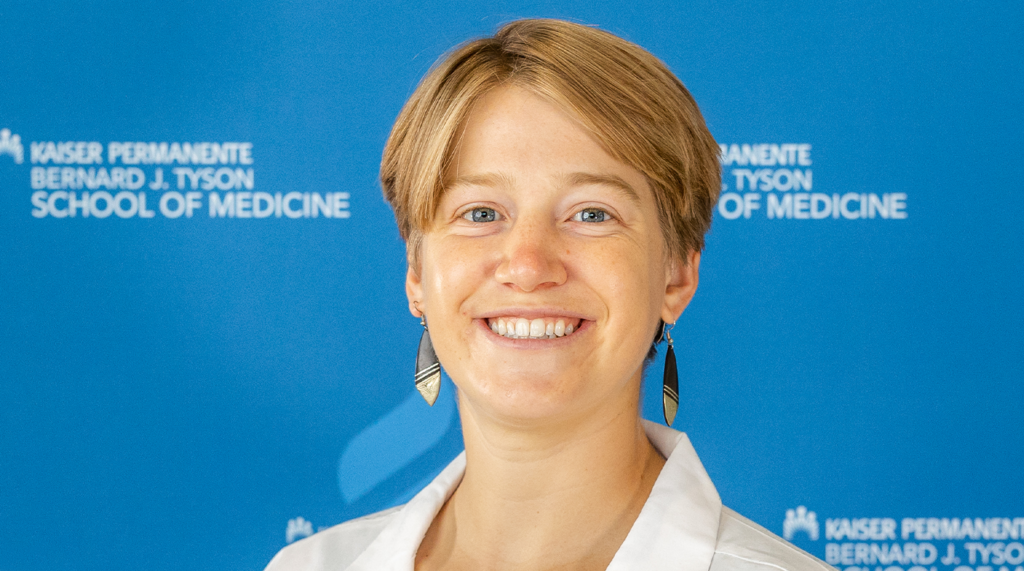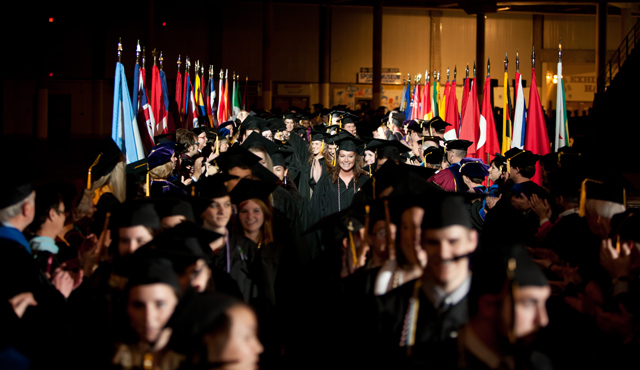Page 64 • (952 results in 0.079 seconds)
-

equity began while she was a student at PLU. As a global studies major and biology minor, Chell says she thrived in the interdisciplinary global studies program. Her favorite courses included anthropology, economics, sociology and global development. “Margaret thought carefully about what she wanted to do with her interest in medicine,” said Ami Shah, associate professor of global studies. “Biology supported her trajectory toward medical school; contextualizing that interest in her global studies
-
Town). Pueblos Mágicos is the name for a federal program whereby small towns are able to receive federal funding to create tourism programs, especially ecotourism, as a way to provide income to the community (and in some instances, create a stream of tourism that ends up being destructive and detrimental to the community). About two weeks ago, my Biology class had the opportunity to travel there to learn about the town’s unique natural resources management program, called UZACHI. Here is a photo of
-
evaluations, expectations from the district and state and testing—but the most important part is always going to be the kids. The kids become a part of you, and keeping them on track and pushing them to reach their best becomes your daily motivation.Division of Natural Sciences Andrew Reyna, Class of 2011 Degree: B.S. Biology Hometown: Salem, OR These days: Reyna is a medical student at Oregon Health & Sciences University School of Medicine in Portland. Learn more // Go Back What sort of medical doctor
-

University School of Medicine PLU Graduation Year: 2011 Degree: B.S. Biology Hometown: Salem, Ore. Current Residence: Portland, Ore. What sort of medical doctor are you planning on becoming, and why? I chose to go into family medicine because of the opportunity to care for anyone, regardless of age, for nearly any issue. As a family doctor, I can maximize my impact within the community and touch as many lives as possible. Ultimately, family medicine provides an opportunity for me to combine my passion
-

then I have an apprenticeship at the Walnut Street Theatre in Philadelphia for the 2012-2013 season. Alex Limoges – Bachelor of Science in nursing, minors in biology and religion Why PLU? I came to PLU because it was the best fit for me personally and academically. I knew I wanted to go into healthcare and PLU’s biology and nursing programs are very well regarded. Competitive swimming has been a big part of my life and I lettered all four years I swam at PLU. I was set on PLU after I came for a
-
to include the Schnackenberg Memorial Lecture as part of Earth & Diversity Week! Drawing from the tribal nation’s historical and contemporary relationship with the sea, this talk will focus on Makah statements and actions from the eighteenth century onward that illustrate how they have made and continue to maintain the surrounding marine waters as their own. 7pm Schnackenberg Memorial Lecture, Xavier 201Thurs 4/18All are invited to join Pride Door Decor Making with Tinglestad. Celebrate diverse
-
for NATO, he had the chance to attend boarding school in Rome for three years before heading to college. He majored in economics at PLU, as well as concentrating on religion and biology. Involved in many activities around campus, including philosophy club, student radio and yearbook, Sean was most passionate about ASPLU and the crew team. Since graduation, Sean has enjoyed several finance-related jobs, including working for Thrivent Financial for Lutherans. He currently serves as a financial
-
, retiring at the rank of Associate Professor. She was active in her Sunday School and church. She also volunteered many hours of community service for organizations including: Susan G. Komen for the Cure, American Red Cross, Ebony Nurses Association of Tacoma, and the American Cancer Society. Travis and Shirley had two children: Crystal Renee’ Aikin, a 1997 PLU graduate. She received her BA in Biology and BA in Psychology. She is well known for her beautiful singing voice. Their son, Phillip
-
Quick FactsWhy Study AnthropologyIf you think anthropology is limited to the study of stones and old bones, think again! Though anthropology does look at stones and bones, it also examines the politics, medicine, kinship, art and religion of various peoples and times. This makes the study of anthropology a complex task, for it requires an understanding of the basics of numerous disciplines such as geology, biology, art and psychology. Regardless of the specific area being studied, the essence
-
integrate information from a wide range of connected topics such as chemistry, biology, physics, and geography. In this light, geoscientists have a particularly flexible professional skill set that is founded in core analysis and interpretation skills developed in the field and laboratory. Successful students must be able to think three dimensionally, have strong quantitative skills, and be able to communicate clearly through writing and speaking. Field trips are included in most courses.Quick Links My
Department of Earth Science253-535-8700Rieke Science Center Room 158 Tacoma, WA 98447-0003
Do you have any feedback for us? If so, feel free to use our Feedback Form.


